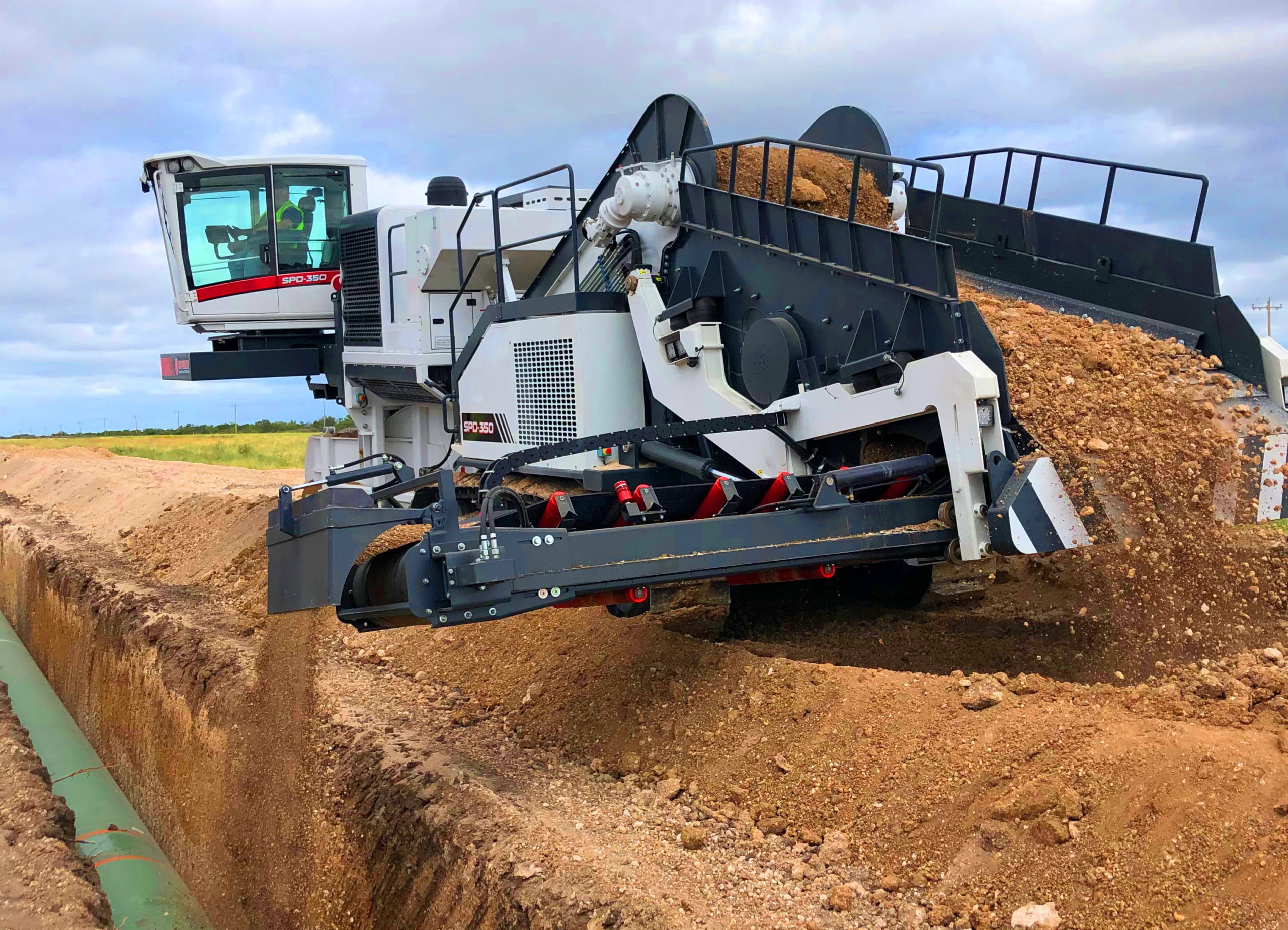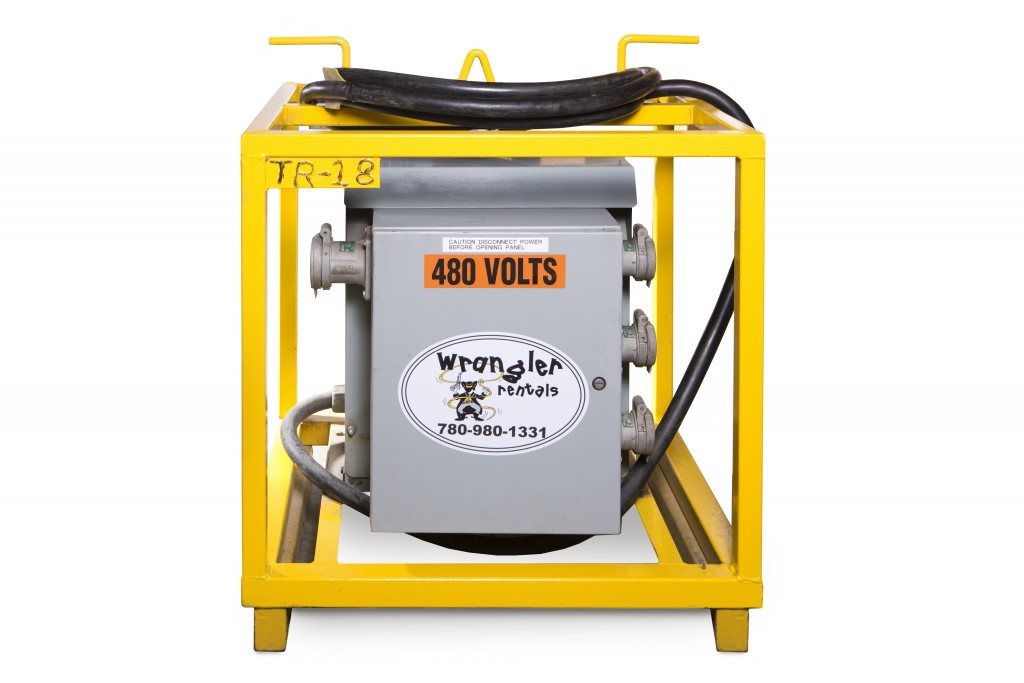Why experts recommend working with Superior Oilfield Rentals in oil and gas projects
A Comprehensive Guide to the Various Types of Oil Field Equipment and Pipeline Equipment Available
The oil and gas market depends greatly on customized equipment for effective extraction and transportation. Different sorts of equipment, from drilling rigs to storage tanks, play important duties in this intricate procedure. Each tool offers distinctive features that add to general operational success. Comprehending these elements is crucial for anyone associated with the sector. As the sector develops, so too do the innovations that sustain it. What innovations are on the perspective?

Drilling Rigs: The Backbone of Oil Expedition
Drilling rigs function as the essential equipment in the domain of oil exploration, making it possible for firms to gain access to hydrocarbon gets buried deep below the Planet's surface. These rigs are available in various types, consisting of land rigs, offshore rigs, and mobile systems, each made to operate in certain environments. Outfitted with innovative technology, piercing rigs can pass through geological formations with precision, making sure effective resource removal. The architectural integrity and operational capacities of these rigs are vital, as they need to withstand extreme conditions and significant pressures. Moreover, the choice of an exploration gear affects the total project cost and timeline, making it a vital factor to consider for oil companies seeking to optimize their exploration efforts and maximize productivity in their operations.
Pumps: Crucial for Liquid Activity
In the oil removal process, the duty of pumps is substantial, facilitating the activity of liquids throughout different stages of production. Pumps are essential for transferring crude oil, water, and various other fluids from below ground tanks to the surface and after that via pipes to refineries. They can be found in different types, consisting of centrifugal, favorable variation, and submersible pumps, each serving details objectives based on the fluid features and operational requirements. Centrifugal pumps are commonly made use of for their performance in high-flow applications, while positive displacement pumps master dealing with thick liquids. The selection of pump effects general efficiency, operational safety, and upkeep prices. Appropriate selection and upkeep of pumps are important for optimizing manufacturing and reducing downtime in oil field procedures.
Valves: Managing Flow and Pressure

Valves play an essential function in taking care of the flow and stress of liquids within oil fields and pipelines. Various kinds of shutoffs offer distinctive applications, each designed to satisfy certain functions basic for effective operation - Superior Rentals reviews. Comprehending the qualities and uses these shutoffs is vital for enhancing system performance and safety and security
Sorts of Valves
Vital components in oil area procedures, shutoffs play a vital role in managing the flow and pressure of liquids within pipes and tools. Different kinds of valves are utilized to satisfy the diverse demands of oil and gas production. Usual types include gateway valves, which provide a straight-line circulation and very little stress decline; world valves, understood for their throttling capabilities; and round shutoffs, recognized for their fast on/off control. Additionally, check shutoffs stop backflow, while butterfly valves supply a light-weight service for controling flow. Each shutoff kind is designed with details materials and configurations to endure the harsh conditions frequently discovered in oil areas, ensuring reliability and effectiveness in operations. Understanding these kinds is vital for effective system management.
Valve Applications and Functions
While numerous kinds of valves offer distinct objectives, their main applications focus on managing circulation and pressure within oil and gas systems. Shutoffs such as entrance, world, and ball shutoffs regulate liquid movement, making certain peak efficiency and safety. Gateway valves are commonly made use of for on/off control, offering marginal flow resistance. World valves, on the various other hand, offer specific circulation regulation, making them suitable for throttling applications. Round valves are preferred for their fast operation and limited securing capabilities. In enhancement, stress alleviation valves are crucial for stopping system overpressure, protecting devices integrity. Generally, the ideal choice and application of shutoffs boost functional efficiency, guaranteeing the trusted transport of oil and gas through pipelines and processing centers.
Compressors: Enhancing Gas Transportation
Compressors play an important function in the reliable transportation of all-natural gas, making certain that it moves smoothly via pipes over fars away. These tools increase the pressure of gas, allowing it to get over rubbing and altitude adjustments within the pipeline system. Furthermore, compressors promote the balancing of supply and demand, fitting changes in intake and production prices. Numerous sorts of compressors are utilized in the market, consisting of centrifugal, reciprocating, and rotating screw compressors, each offering distinctive advantages based on the operational needs. Routine maintenance of these compressors is necessary to maximize performance and minimize downtime, ultimately contributing to a trustworthy gas transport network. Their important function underscores the importance of compressors in the overall oil and gas framework.
Storage Tanks: Safe and Effective Fluid Management
Effective transport of all-natural gas depends on different supporting systems, among which is the appropriate management of storage space tanks. These tanks play an important duty in securely including liquids, making sure that operational performance is preserved while minimizing ecological dangers. Created from sturdy materials, they are yard drainage pipe made to endure high stress and corrosive aspects. Properly sized and purposefully situated, tank facilitate the smooth flow of gas and other fluids, stopping bottlenecks in supply chains. Routine upkeep and monitoring are important to detect leaks or architectural issues, promoting safety and security and compliance with regulatory requirements. Ultimately, the efficient management of tank is important for the overall honesty and reliability of the oil and gas market's liquid handling systems.
Pipeline Solutions: Facilities for Transport
Pipeline systems work as the backbone of the oil and gas market, facilitating the efficient transportation of hydrocarbons over substantial distances. These systems include different parts, consisting of pipes, shutoffs, pumps, and compressors, all thoroughly designed to ensure seamless circulation. The products made use of in pipeline construction, typically steel or high-density polyethylene, are picked for durability and resistance to rust. Pipeline networks can span across land and water, linking manufacturing websites to refineries and circulation. In addition, advanced technology allows real-time surveillance of circulation prices and pressure levels, enhancing functional efficiency. The calculated positioning of these pipelines minimizes ecological effect while optimizing source accessibility, therefore playing a necessary duty in conference power demands around the world.
Safety Equipment: Ensuring Worker and Environmental Defense
The procedure of pipeline systems, while vital for power transportation, also offers significant security difficulties for employees and the atmosphere. Safety and security equipment plays a considerable role in mitigating these threats. Personal protective tools (PPE) such as safety helmets, handwear covers, and non-slip footwear safeguards employees from physical risks. Additionally, gas detection systems monitor for leaks, making certain that unsafe materials do not position a threat to employees or the surrounding ecosystem. Emergency situation shutdown systems are vital for quickly stopping operations during a crisis, stopping potential calamities. Spill containment materials, consisting of absorbents and obstacles, are essential for decreasing ecological impact. Generally, investing in all-inclusive safety tools is crucial for keeping operational stability and protecting both workers and the setting in the oil and gas sector.

Regularly Asked Concerns
Exactly how Do I Choose the Right Oil Field Equipment for My Job?
Selecting the ideal oil field equipment entails reviewing task specs, budget plan constraints, and operational demands. Think about elements such as equipment integrity, compatibility with existing systems, and the vendor's track record to guarantee peak efficiency and security.
What Are the Upkeep Demands for Oil Field Equipment?
Maintenance demands for oil area tools consist of routine examinations, lubrication, and prompt repair services. Operators must likewise follow producer guidelines, monitor performance metrics, and warranty compliance with safety and security policies to enhance durability and efficiency.

Just How Can I Ensure Compliance With Environmental Rules?
To assure compliance with ecological guidelines, firms have to perform normal audits, apply ideal techniques, spend in training, keep correct documents, and remain upgraded on regulations (Superior Rentals reviews). Partnership with environmental companies can likewise boost adherence to laws
What Is the Average Lifespan of Pipeline Equipment?
The average life expectancy of pipeline devices generally ranges from 20 to 50 check my source years, relying on factors such as worldly top quality, environmental conditions, and upkeep methods. Regular evaluations can significantly affect longevity and functional performance.
Just how Do I Safely Transport Oil Field Equipment to Remote Locations?
Carrying oil area equipment to remote areas needs mindful preparation, including path assessment, protecting permits, using ideal automobiles, and making certain safety methods are followed. Appropriate training and interaction like it amongst crews are vital for effective transportation.